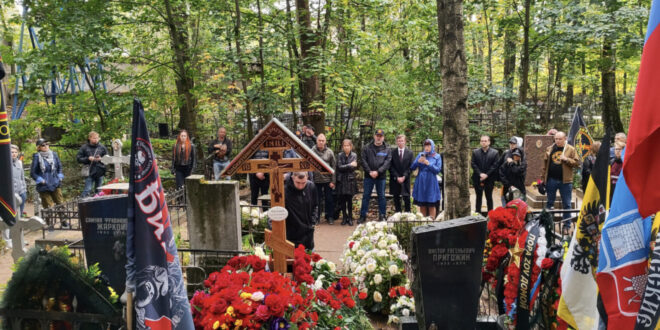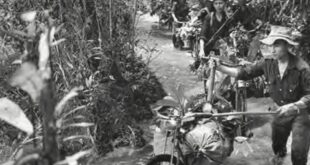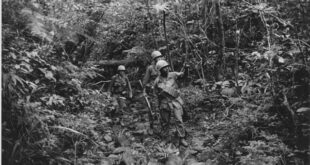Russian mourners commemorated the founder and leader of Wagner mercenary group Yevgeny Prigozhin on the 40th day since his death, a Russian Orthodox tradition to honor those who have passed away.
Prigozhin, along with commander Dmitry “Wagner” Utkin and eight others were killed in an Aug. 23 plane crash in the Tver region between St. Petersburg and Moscow.
People brought flowers on Oct. 1 to makeshift memorials in Moscow, St. Petersburg, Abakan, Sochi, Yekaterinburg, Chelyabinsk, and at least nine other cities across Russia. Similar commemorations were held in the Belarusian city of Homel and the city of Sevastopol in Ukraine’s Russian-annexed Crimea.
READ MORE about services for Yevgeny Prigozhin
At Porokhovskoye cemetery, where Prigozhin is buried, cars were seen adorned with Wagner flags and sporting the motto “Blood, Honor, Motherland, Courage.” Mourners wore hats and T-shirts bearing the mercenary group’s logos. Others in military fatigues also attended the ceremony. Some wore coverings over their faces. , while others carried the signs of the wounds they received in battle.
“I feel empty,” said Igor, who said he had been a Wagner fighter. “He was a true hero who wasn’t afraid to tell the truth about existing problems. Now, there is no such person anymore.”
Some of Prigozhin’s supporters told local journalists they hoped his death was staged and that he and the other Wagner leaders are still alive.
“Prigozhin and Utkin wouldn’t fly together on the same flight,” Anna, 35, told The Moscow Times. “We don’t want to believe they are dead.”
“We didn’t see his body, nor is there any proof that he boarded that plane,” said Alexander Kolos.
A member of the Wagner group told RFE/RL that about 150 vehicles cruised through the city of Novosibirsk in Siberia in a procession to commemorate Prigozhin, whose mercenary group gained notoriety for cruel and brutal methods of fighting along Russian armed forces invading Ukraine.
Dozens of vehicles were used in similar events in at least two other Russian cities.
In Prigozhin’s hometown of St. Petersburg, his mother and son laid flowers at his grave and an Orthodox religious memorial and prayer services were held.
Prigozhin, 62, was buried without fanfare on August 29.
Russian officials said at the time that investigators were considering the possibility that Prigozhin’s plane was deliberately brought down.
Two months before his death, on June 23-24, Prigozhin sent thousands of his fighters in a short-lived rebellion against the military command fighting in Ukraine, imposing one of the biggest challenges to President Vladimir Putin in his more than two decades in power.
The insurrection came on the heels of months of intense public infighting with Russia’s military leadership over the war strategy in Ukraine and ammunition supplies, as Wagner’s fighters played a major role in heavy fighting for the city of Bakhmut in Ukraine’s east.
In mid-September, the British government added Wagner group to its list of terrorist organizations, saying it remains a threat to global security even after Prigozhin’s death.
In January, Washington designated Wagner a transnational criminal organization.
The Kremlin did not immediately respond to a request for comment from Soldier of Fortune.
Reported by RFE/RL’s Siberia.RealitiesRFE/RL’s Echo of the Caucasus and The Moscow Times.
 Soldier of Fortune Magazine The Journal of Professional Adventurers
Soldier of Fortune Magazine The Journal of Professional Adventurers






